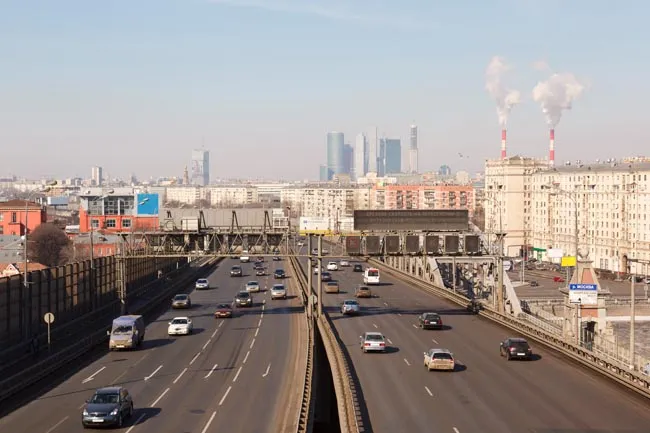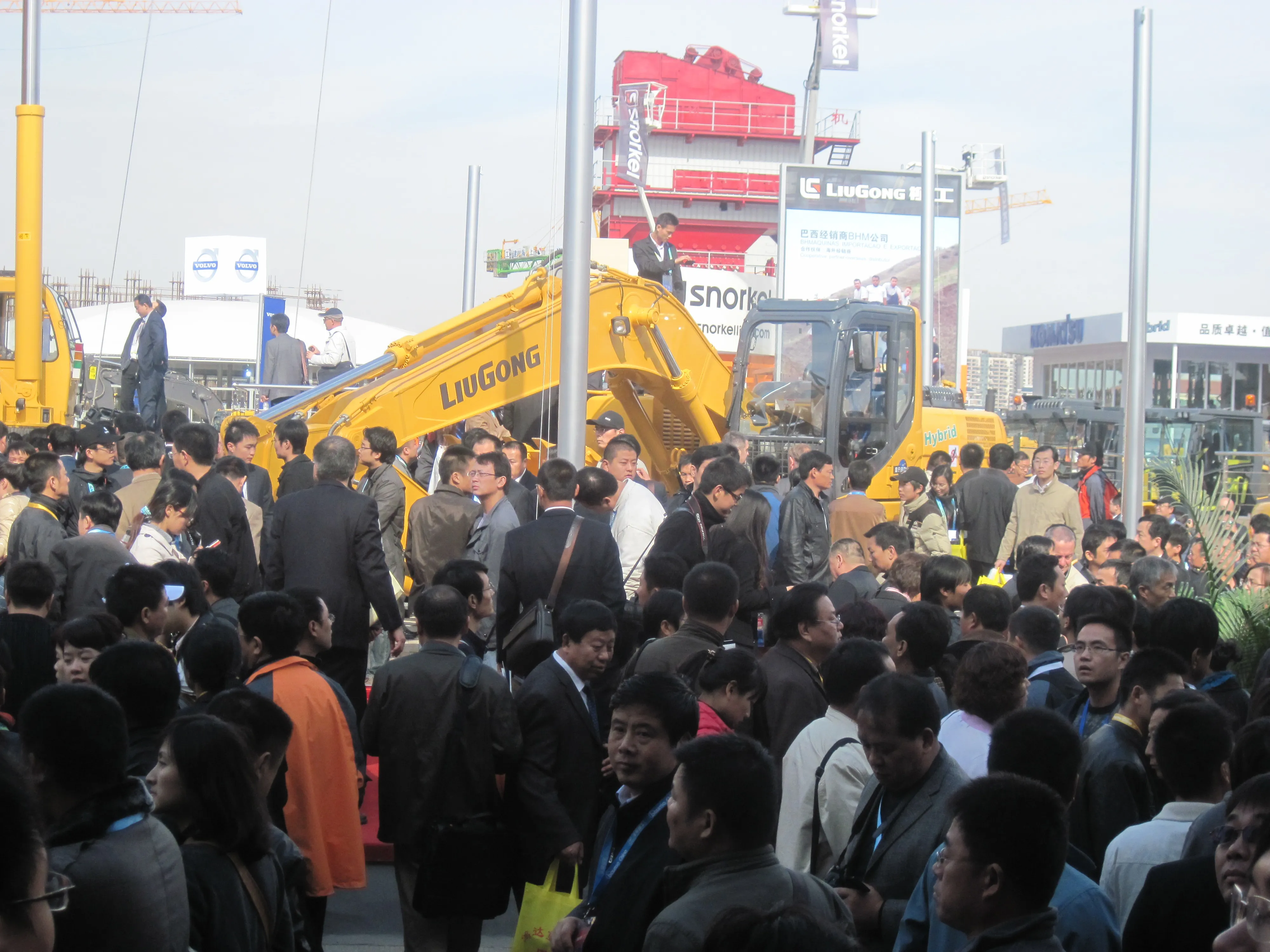Official data from Hunan Province, Hubei Province and Fujian Province in China reveal major infrastructure investment plans. Hunan Province will invest US$10.92 billion (CNY 66 billion) on transportation in 2014. Construction work will commence on more than 10 highways with a total length of 600km in 2014. Highway projects will account for $6.45 billion (CNY 39 billion) of the total investment. Hunan's rural road developments will involve an investment of $1.24 billion (CNY 7.5 billion) and a total length o
January 28, 2014
Read time: 2 mins
Official data from Hunan Province, Hubei Province and Fujian Province in China reveal major infrastructure investment plans. Hunan Province will invest US$10.92 billion (CNY 66 billion) on transportation in 2014. Construction work will commence on more than 10 highways with a total length of 600km in 2014. Highway projects will account for $6.45 billion (CNY 39 billion) of the total investment. Hunan's rural road developments will involve an investment of $1.24 billion (CNY 7.5 billion) and a total length of 8,000km, while 1,500 new national and provincial trunk roads will be put into construction at $2.31 billion (CNY 14 billion). For Fujian Province some $5.96 billion (CNY 36 billion) will be invested in highway construction projects in 2014. The focus will be on completing five projects, which run for a total of some 118km. Work will also continue on 22 road projects that have a combined length of 918km. For Hubei Province, major projects will include airport developments. Hubei Province also intends to complete the construction of 749km of highways during 2014. In July-December 2014, work will commence on the Xiangyang airport expansion project.









